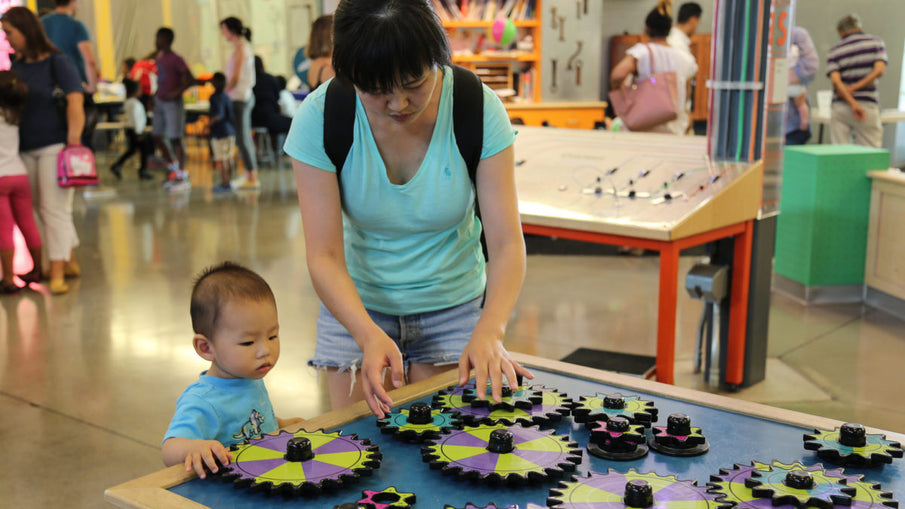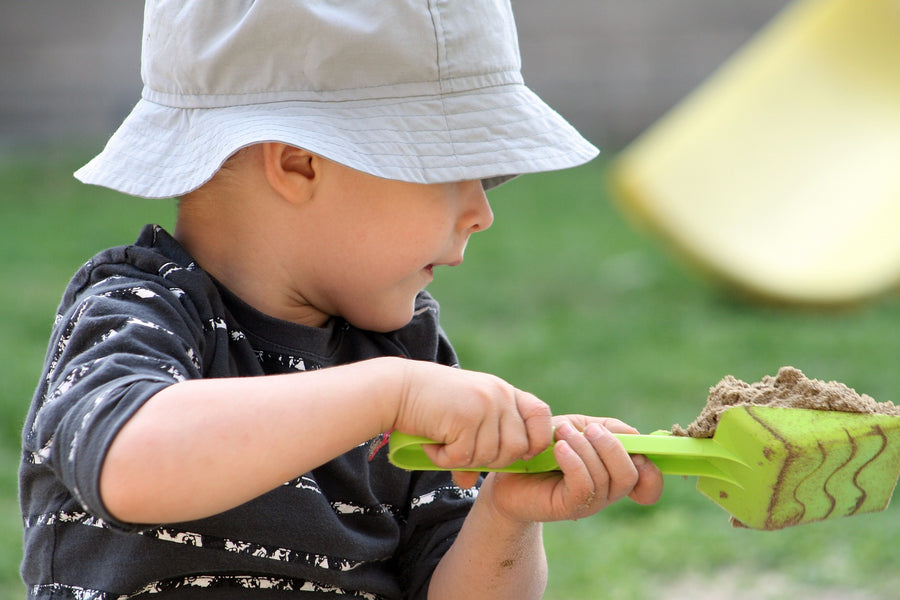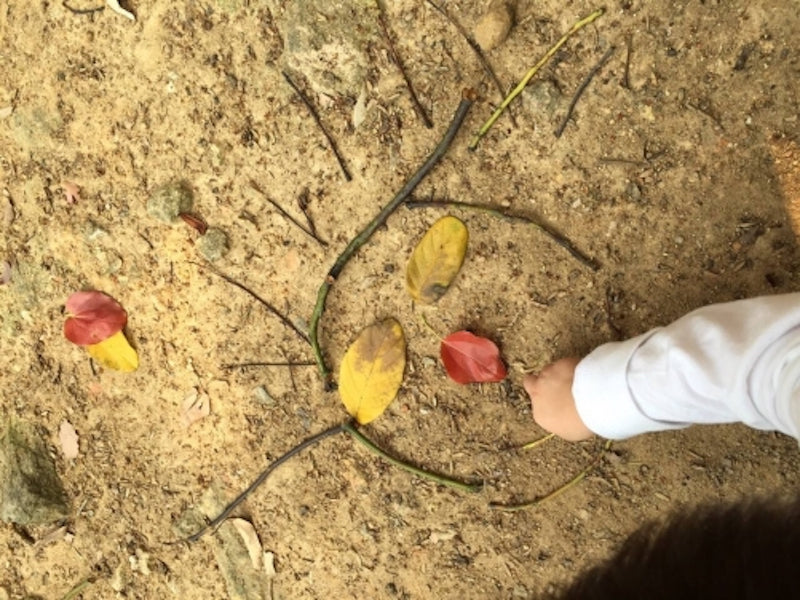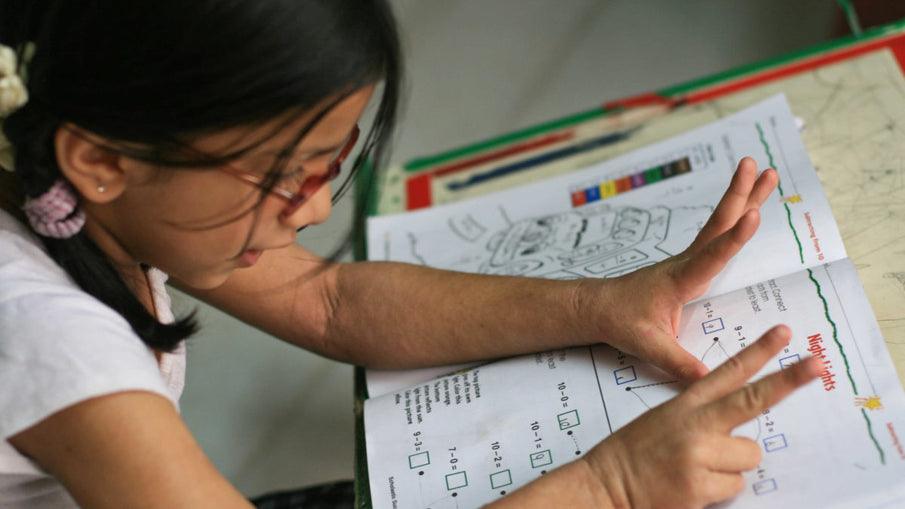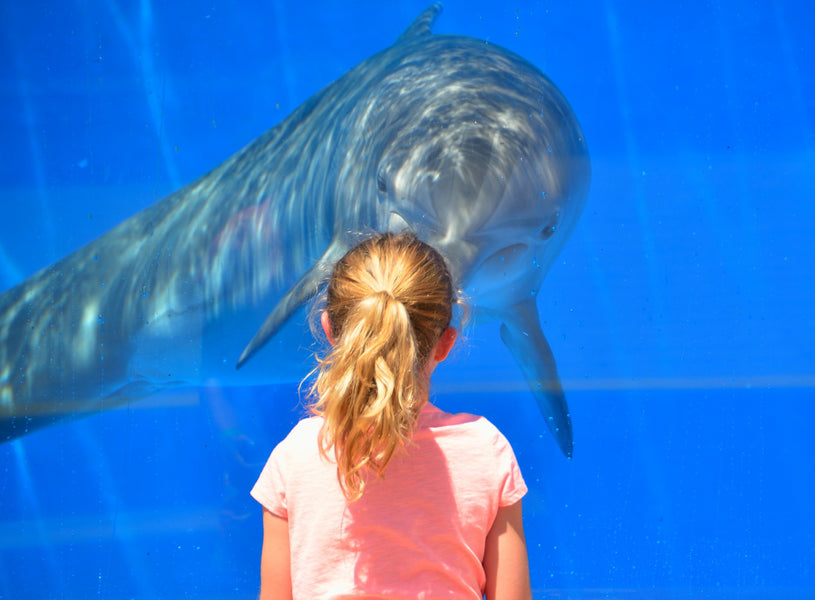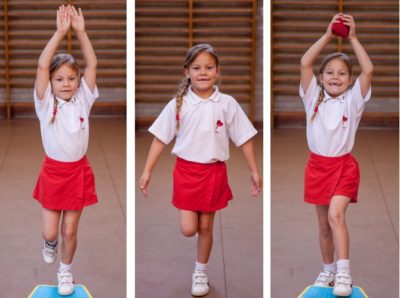Research -- StepUp to Learn
Academic Achievement Is Influenced by How Pupils 'Do' Gender at School
Pupils' achievements at school are often shaped by the way that they 'act out' specific gender roles, according to a new study which warns against over-generalizing the gender gap in education.
Achievement Gaps May Explain Racial Overrepresentation in Special Education
School districts may be flagged as over-identifying students of color as having disabilities when other factors, such as achievement gaps, may explain these disparities.
Rethinking Role of Technology in the Classroom
Study finds added access can lead to decrease in students' academic motivation. Engagement "is more than a matter of providing children with access to the latest electronic devices."
Elementary school student support leads to lower high school dropout
Elementary-school students who participated in a comprehensive support intervention in the Boston public school district had about half the odds of dropping out of high school as students not in the intervention.
Simple Directions From Parents Can Guide Children’s Discovery
Simple cues from parents for their children to either “explain” or “explore” influences learning behavior and abilities, particularly as it relates to scientific reasoning.
Report examines origins and nature of 'math anxiety'
Research reveals that teachers and parents may inadvertently play a role in a child's development of 'math anxiety' and that girls tend to be more affected than boys.
Do persistent babies make for successful adults?
University of Washington researchers argue that greater study of infant persistence can shed light on the factors that instill persistence, and the outcomes that may emerge from it later in life.
Connection of children to nature brings less distress, hyperactivity and behavioral problems
University of Hong Kong study found that parents who saw their child had a closer connection with nature had less distress, less hyperactivity, fewer behavioral and emotional difficulties, and improved pro-social behavior.
Intellectual Curiosity and Confidence Help Children Take on Math and Reading
Characteristics related to openness, such as intellectual curiosity and confidence, made children more adept to take on math and reading than characteristics describing conscientiousness, such as diligence and perseverance.
The powerful impact of real-world learning experiences for kids
Researchers found that 4- to 9-year-old kids knew more about how animals are classified after a four-day camp at a zoo. It wasn’t that children who attended just knew more facts about animals, the researchers noted. The camp actually improved how they organized what they knew – a key component of learning.
Case Study: Developmental Coordination Disorder
Emily is an eight year old in the third grade at a private school. She does not receive any special education services through the local school district. Emily was conceived as a result of in vitro fertilization and carried to full term. Developmentally, Emily was a late walker and an early talker. Significant health history includes fracturing the tibia at 12 months of age and again at 4. At birth she was diagnosed with Lordosis (curvature of the spine) and the presence of a sacral dimple. Emily had a few ear infections between the ages of 1 and 2 at which time she was considered for tubes.
New research helps to instill persistence in children
Encouraging children “to help,” rather than asking them to “be helpers,” can instill persistence as they work to fulfill daily tasks that are difficult to complete, finds a new psychology study.





